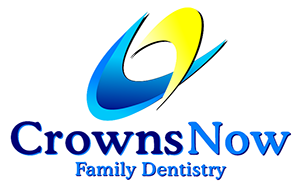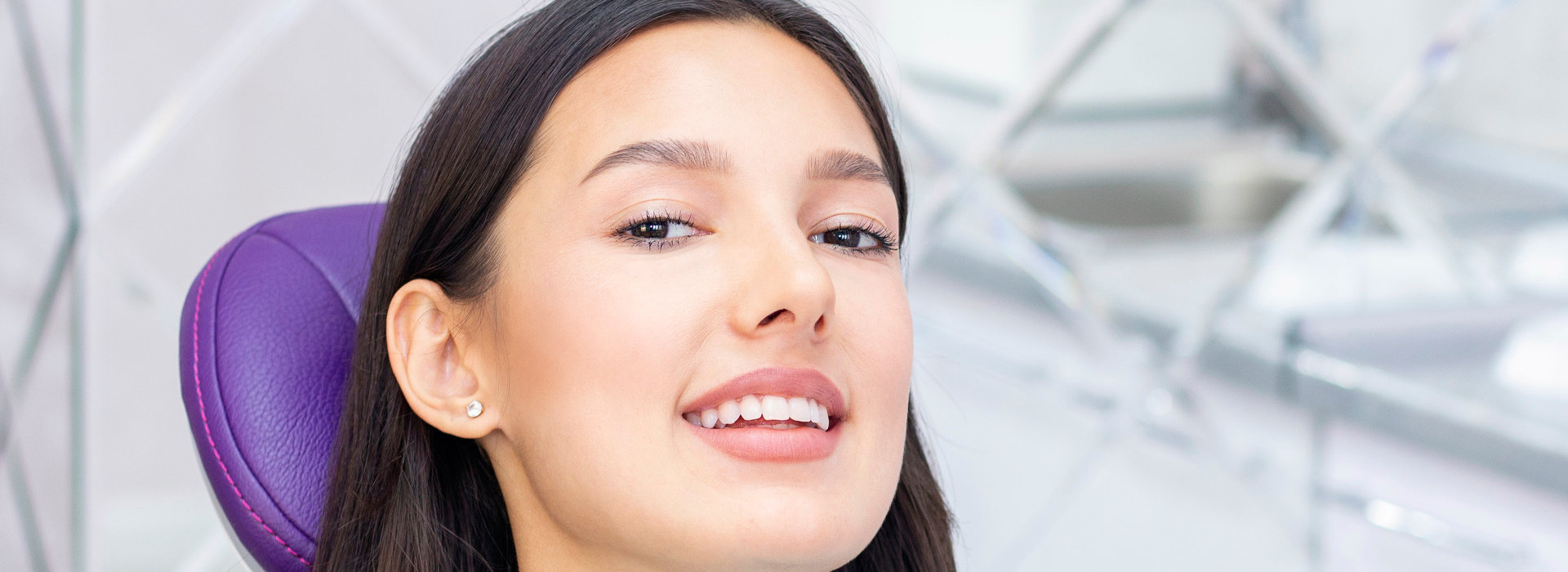
12
Jan
Denture Care: How To Clean and Maintain Your Dentures

Replacing lost teeth is one of the most important functions of dentistry. With constant research, innovative treatment options have emerged which are becoming popular quickly. However, there are people who prefer conventional treatment options such as dentures for different reasons. It is therefore essential to know about how they function and more importantly, how to take care of and maintain the dentures.
What Are Dentures?
Dentures are teeth replacements that consist of a base and artificial teeth. They are made of pink acrylic resin to mimic the color of the gingiva. The teeth are made in different shades so as to suit the patient. Dentures can be fixed or removable and the treatment planning and progression varies accordingly. The fixed dentures are usually supported by implants placed in the alveolar ridge or sometimes the jaw bone itself. Removable dentures take support from the alveolar ridge itself and the surrounding tissues such as the palate and the vestibule.
Immediate Post-insertion Phase
Denture care begins right from the minute the final denture is inserted into the mouth. This is also the most crucial phase as the patient is adjusting to the denture. Dentures are seen as long-term replacements and are expected to function efficiently for a minimum of 5 years. But for this, it is important to follow the instructions given by your dentist. As you figure out how to remove and wear the denture, care should be taken not to drop the denture. It is advisable to have a bowl of water or a soft towel beneath your chin at the time of removal of dentures to avoid breakage.
How to Clean The Denture?
Plaque and food substances stick to the denture as commonly as they do on natural teeth. Although they do not affect the denture, they can cause inflammation in the gums which causes discomfort while wearing the dentures or while eating. Therefore, cleaning your dentures is absolutely essential. All you need is a soft-bristled toothbrush, denture cleanser (solution or tablet), mild soap, and a soft towel. Brushing them twice a day, in the morning before wearing them and the night before sleeping, is considered ideal. The following are a few vital dos and don’ts to remember:
Dos
- Rinse the dentures with tap water or warm water
- Use a soft-bristled toothbrush and a small amount of denture cleanser or mild soap to clean the teeth and all the surfaces of the denture.
- Always rinse again before wearing them
Don’ts
- Toothpaste contains abrasive substances which are not advisable to be used on dentures. They can wear out the material and reduce their efficiency and life.
- Avoid hard or medium-bristle toothbrushes.
- Do not let the dentures dry out. It is advised to place them in water while not in use. Avoid hot water as it can cause dimensional changes in the material.
- It is important to keep the gums and the oral cavity free from any inflammation or bad breath. Regular brushing and good oral hygiene can ensure this.
When Should You See the Dentist?
Discomfort, loose-fitting dentures, a clacking noise while eating or talking, etc, are some of the vital signs that require a visit to your dentist. Regular visits to the dentist will ensure that any hidden issues or potential problems are identified and corrected at an early stage. Dentures are ideal for those seeking affordable ways to replace missing teeth. The doctors at Crowns Now can also repair and secure loose dentures that have made it harder to speak, eat or smile with confidence. We can help whether you are in need of complete dentures to replace an entire set of teeth, or if you simply need partial dentures to replace one or a few missing teeth. Our doctors may also recommend Hybrid Dentures for patients who have lost or are about to lose all of their natural teeth on an upper or lower arch. Book an appointment today at your nearest Crowns Now centre and give your pearly whites the best care!
Our 5 Locations in South Carolina



Woodruff Family Dentistry/Crowns Now
601 East Georgia Street, Woodruff, SC 29388
Crowns Now – Greenville – Woodruff Road
2080 Woodruff Rd, Greenville, SC 29607

